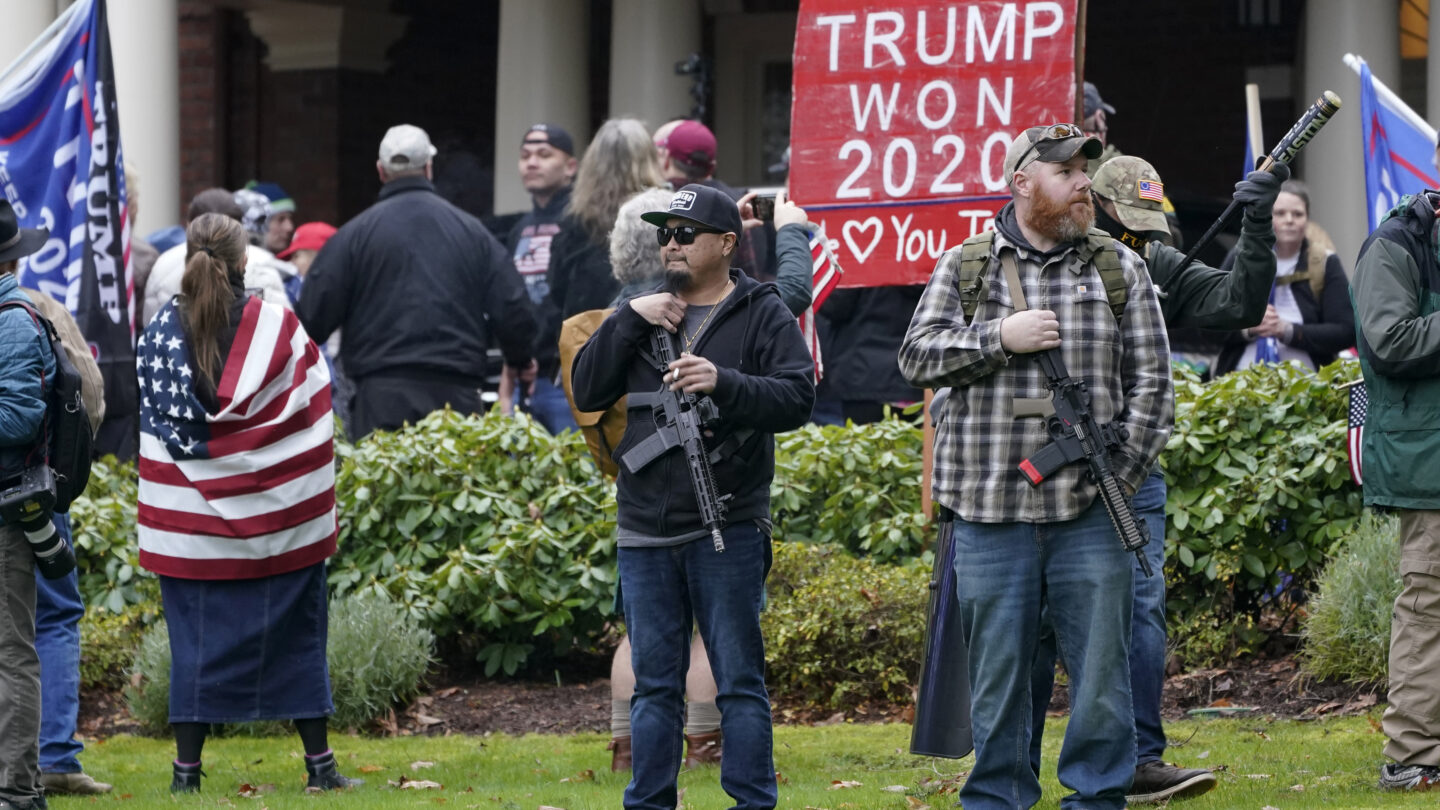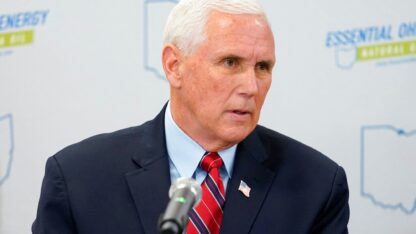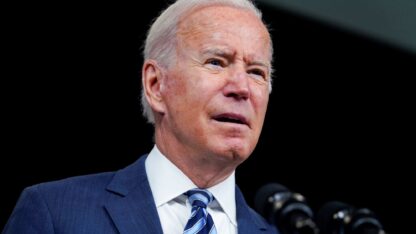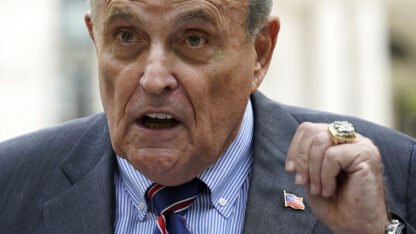The key to dispelling conspiracy theories and misinformation about how elections are run is to confront the lies head on, top state election officials said Wednesday.
The advice from election administrators in Georgia, Ohio and Utah came during a gathering of the National Association of State Election Directors, which is being held under heightened security because of threats that have targeted election workers since the 2020 election.
“When it comes to election results, it’s really pretty simple,” said Blake Evans, state elections director for Georgia. “People want accuracy, speed, transparency and they want their candidate to win. Unfortunately, usually under that kind of formula, there’s going to be slightly less than half of the population in a close contest that’s not going to be very happy with the way the results come out.”
Election officials across the country have been the target of violent threats and anger from those who falsely believe the 2020 presidential election was stolen from former President Donald Trump. Trump and his allies continue to push for decertification of President Joe Biden’s win in Wisconsin.
With security concerns in mind, the exact location of this week’s gathering was disclosed only to attendees, who were required to show a badge to gain entrance and also urged not to wear the name tag identifying themselves outside the meeting room. There was no live-streaming of the presentations, and attendees were urged to be cautious in what they posted to social media.
In Georgia, a special grand jury is investigating whether Trump and others illegally tried to interfere in the 2020 general election. The investigation’s scope includes a Jan. 2, 2021, phone call between Trump and Georgia Secretary of State Brad Raffensperger. During that call, Trump urged Raffensperger to “find” enough votes to overturn his loss in the state. Trump has denied wrongdoing and has described his call to Raffensperger as “perfect.”
Evans said the key to dispelling misinformation during the 2020 election in the state was to address the false claims head on, a process that included frequent news conferences.
“I hate to imagine a world where we didn’t,” Blake said of talking openly about all the conspiracy theories being floated in 2020. “I think it was one of the most effective ways. … What we tried to do was just be very, very frequent with putting out facts and being very, very transparent about what was going on.”
Ricky Hatch, the clerk and auditor in Weber County, Utah, said election officials must find creative ways to get their messages out. His office has created memes using Legos and cats, an approach he said has led to engaging with people who otherwise might not be interested in elections.
Hatch also opened his office to tours to show how elections are run. Even if just one person is won over about the fairness of how elections are run, it’s a success, he said.
“They will talk to their neighbors,” Hatch said. “They will hopefully share their experience when others challenge the process.”
Amanda Grandjean, the director of elections in Ohio, said it was important to realize that many of the people election leaders talk to — including judges and lawmakers — don’t understand how elections work.
She relayed her experience testifying before a panel of federal judges in a redistricting case ahead of Ohio’s May primary.
“I had to really check myself and say ‘No Mandi, these people don’t have any idea what you’re talking about,'” she told conference attendees. “Slow down and try your hardest to explain how our democracy, at a very technical level, how our elections work.”









